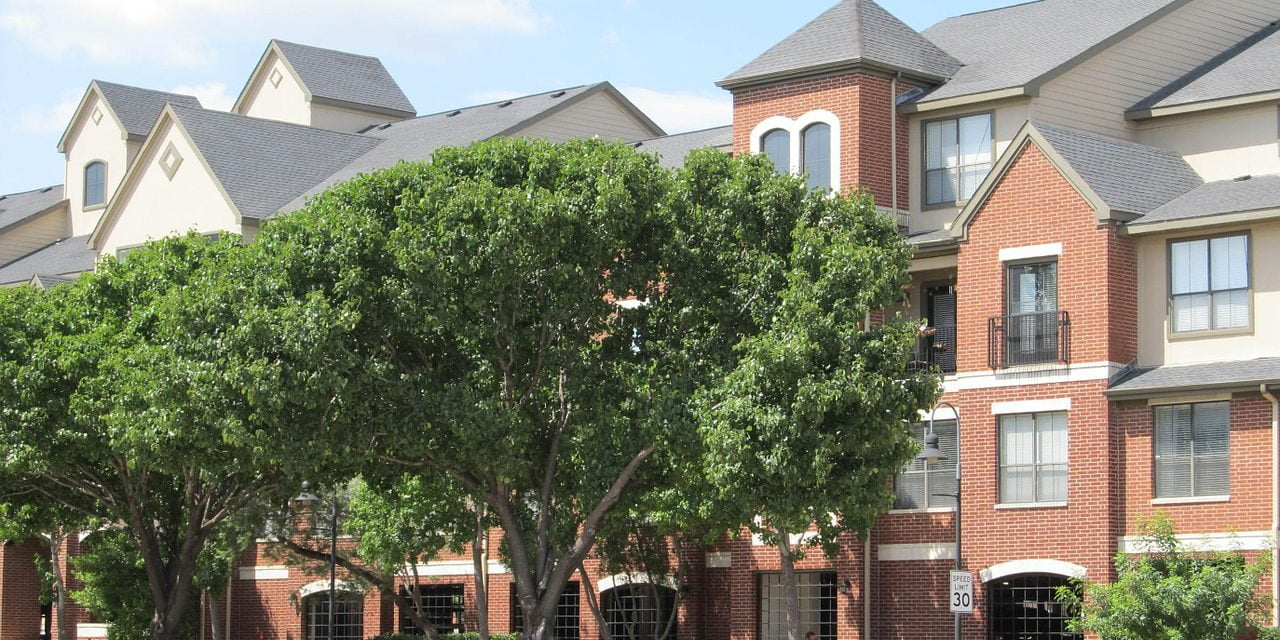Just 6.5% of the 150,000 U.S. condominium projects are eligible for homebuyers using Federal Housing Administration (FHA)-insured financing.
Until now, it has been an onerous process for condo units to receive FHA approval and be added to the exclusive list. The project needs to meet numerous guidelines, from owner-occupant requirements to reserve fund minimums and limits on the number of units with delinquent mortgage payments.
Further, homebuyers interested in buying in a condo project that is not approved have had little individual recourse, since an application needs to come directly from the condo association, management company or developer.
As of October 15, 2019, FHA began processing approvals for individual units in unapproved projects. In this announcement, the Department of Housing and Urban Development (HUD) laid out these rule changes within their broader mission to “reduce regulatory barriers.”
To be eligible, the unit needs to be located in a project that:
- is not already approved; and
- does not have more than:
- 10% of FHA-insured units in projects with more than ten units; or
- two FHA-insured units in projects with fewer than ten units.
Separately, the FHA will help condo projects from needing to continually seek approval by extending condo project approval from two years to three years. It will also allow more mixed-use condos to be eligible, increasing the allowable commercial space from 25% to 35% of the project’s total floor area.
HUD estimates the rule changes will allow an additional 20,000-60,000 condo units to be approved nationwide each year.
The good and the bad
This change has both positive and negative implications for the housing market.
The good: more homebuyers will be able to take advantage of FHA mortgages, which come with low down payments and competitive interest rates.
Condos are typical entry-points into homeownership for young first-time homebuyers who appreciate the comparatively low prices, access to amenities and low maintenance that condos offer. At the same time, FHA mortgages are by and large used by first-time homebuyers — 84% of FHA-insured condo buyers are purchasing their first home, according to HUD.
Therefore, holding back the vast majority of condo projects from FHA eligibility has undoubtedly proved a roadblock for many first-time homebuyers. Broadening the pool of potentially eligible condos will make buying a smoother process for first-time homebuyers reliant on FHA financing, and their agents.
As a side effect, condo sellers will see more demand from qualified buyers. This will give a lift to condo prices, which comes at a good time for condo owners as the economy slows going into the next recession.
But with the change, some of the “regulatory burden” HUD is seeking to discharge is questionable, which brings us to…
The bad: Allowing more condo units to be approved is being done by loosening qualification standards, which ought to sound alarm bells for housing professionals.
The old rules, which required the entire condo project to be approved, recognized that condo home values are intrinsically tied to the success of the project as a whole. These rules were put in place in 2010 following the housing crash when so many FHA-insured mortgages went into default.
For example, if several units are delinquent on their dues, the condo association is unable to provide proper maintenance and upkeep of the property. Thus, even though the unit in question which may receive FHA approval is not delinquent, its value will suffer due to the lack of upkeep of the common areas.
When one unit sees its value fall, the entire project is negatively impacted. Given that the minimum FHA down payment is 3.5%, homebuyers who have taken out FHA-insured mortgages already have less skin in the game than their neighbors who took out conventional mortgages. If their homes fall underwater —more likely to happen in unstable condo projects — then they may be tempted to walk away.
Most worrying is the timing of this regulatory change. Typically, deregulation occurs during a recession or recovery, to encourage home sale momentum. But in 2019 we are just teetering over the edge of the last housing cycle, as home sales volume continues to slow and home prices level off, poised to fall. When the forecasted recession hits in 2020, these FHA condo buyers will see their small amount of equity disappear as their home values fall and they are plunged underwater.
For what it’s worth, mortgage lenders are praising the change, as they know it will mean more mortgages will be originated. But more isn’t always better (e.g. the Millennium Boom saw a lot of mortgage originations, which ultimately led to the biggest economic crash since the Great Depression).
Real estate agents: counsel your homebuyers using FHA-insured mortgages to be smart. This rule change may smooth the path to condo homeownership for them, but make sure they still consider things that HUD is now leaving out of the equation, like the status of the rest of the condo project.














